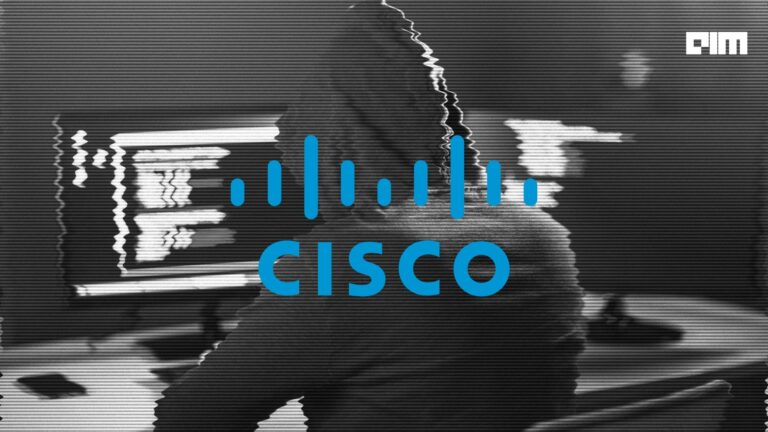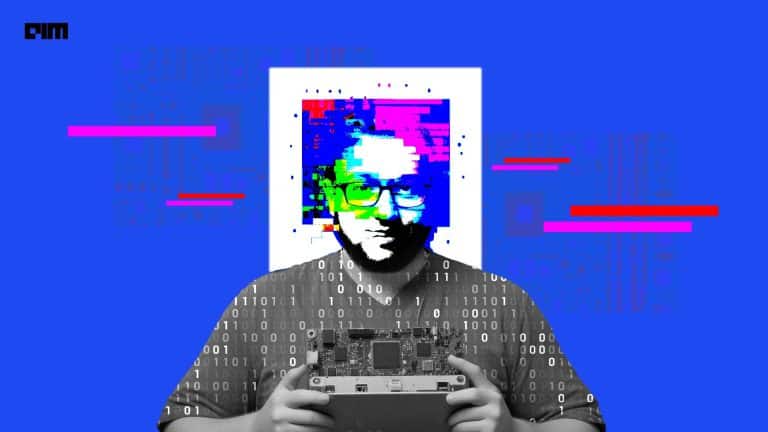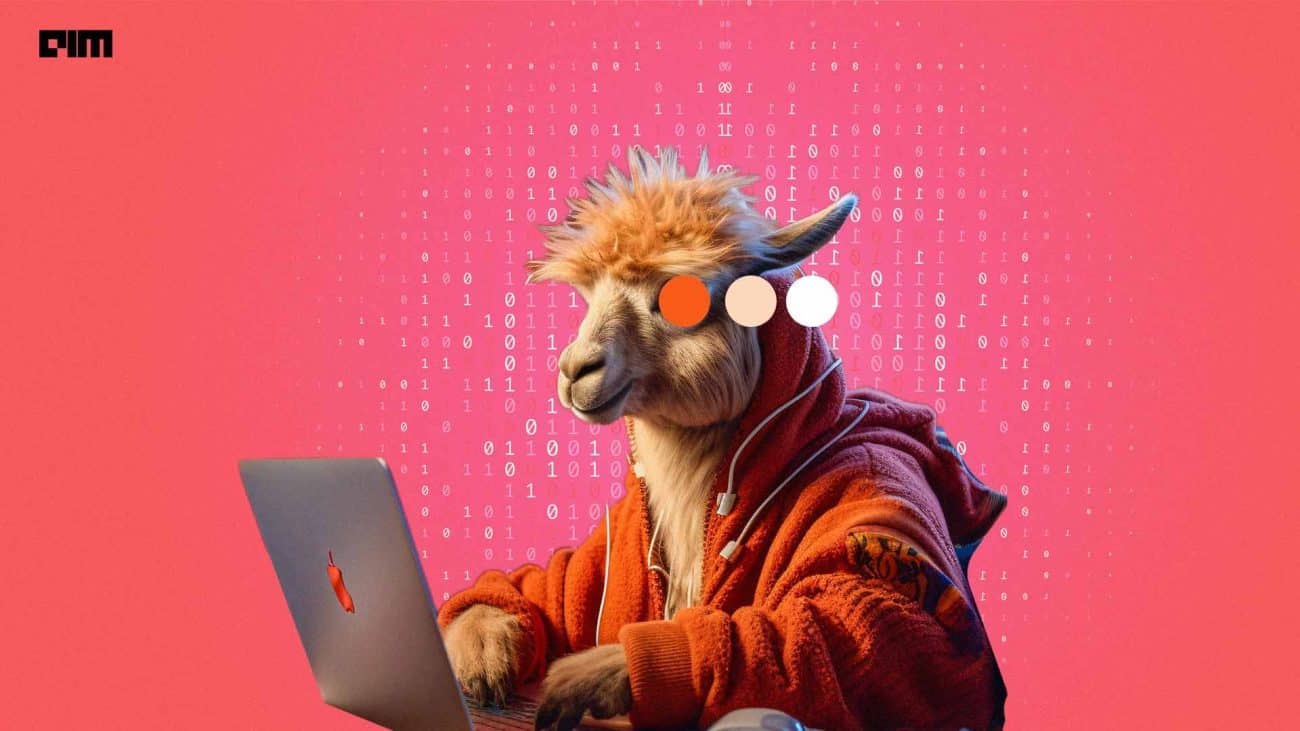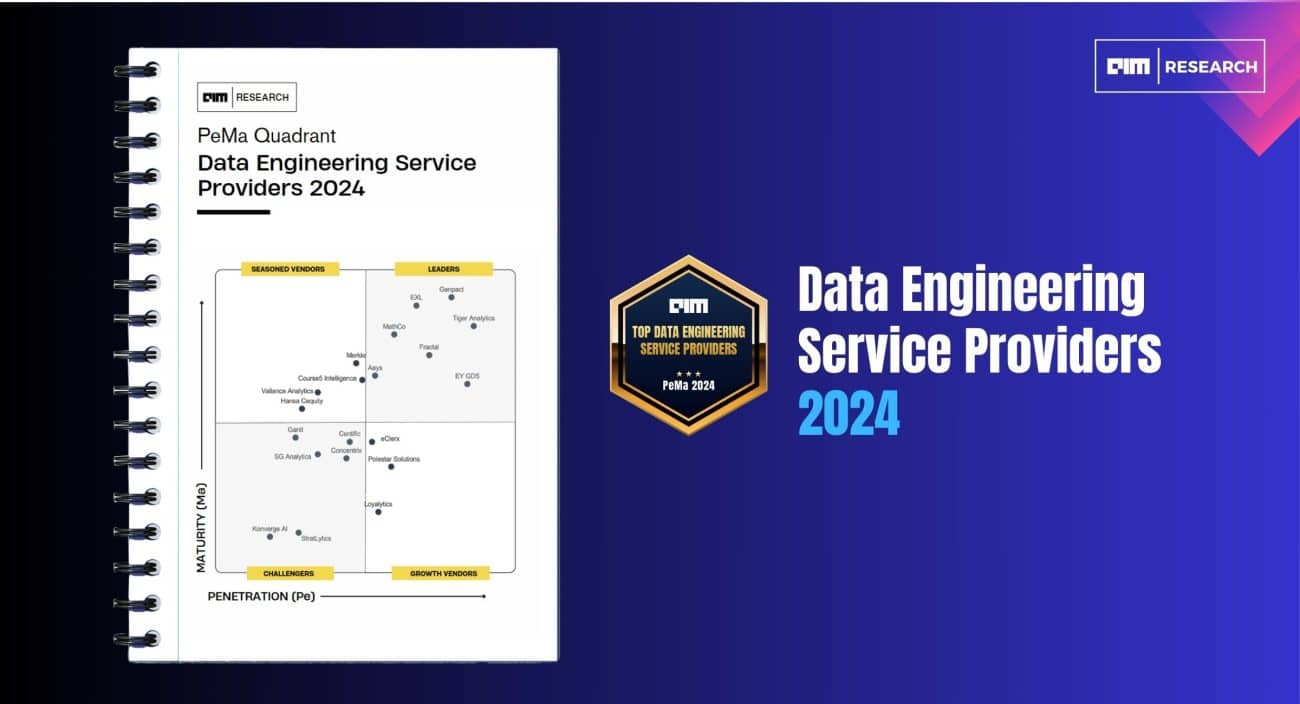According to many experts, a successful cybersecurity career does not follow a clear cut path as the field is very broad. Being an expert in security is about having a broad extensive experience in software and IT systems.
From cyber-attacks to software vulnerabilities and malware, ever since the beginning of the millennium, businesses worldwide have been consistently attacked. This situation has given rise to a big opportunity for professionals willing to learn and enter the security domain. So, as a cybersecurity aspirant, you may be pondering about learning a programming language and beginning a fabulous career. But, will learning programming languages make you a pro at cybersecurity too?
Here is the answer. According to many experts, a successful cybersecurity career does not follow a clear cut path as the field is very broad. Cybersecurity covers a variety of techniques and abilities like security testing, ethical hacking, assessment, accreditation, networking, compliance, test procedures, and documentation.
In fact, cybersecurity is about having a broad extensive experience in software and IT, understanding how to safeguard systems, think similar to a hacker, and discover all potential exploits, vulnerabilities, plan useful methods to defend websites, servers, databases and other critical assets.
Learning Programming Can Still Build A Strong Base For A Cybersecurity Career
According to security experts, learners can still focus on programming where they can first learn to code securely at the same time. That would cover for a strong base. You can go for Python, which is perhaps the most prominent language in the industry at the current moment. Also, unless you are doing software security auditing, then you may also need to learn programming languages like Java, C, C# and .NET.
The reason for this is that people need to get used to regular software development first. This helps learners understand why security risks may exist in the first place and what possibly leads to security issues in software.
Apart from programming, scripting languages may also be very valuable, such as Python, Perl, Ruby, etc to write Batch scripts and Powershell scripts. Unless you choose to do malware analysis or application testing, scripting is simply one of several tools you can utilise to finish security tasks.
Knowledge of software development is an entirely elegant way of working your way into shifting to the security profession.
Learning Linux May Come Very Handy To Learn Cybersecurity
Learning Linux for the basics, such as terminal usage, SSH (Secure Shell), users and permissions, processes, networking, databases could be very handy as well. Those not accustomed to the Linux environment and its command line, etc. can first learn them using a bunch of web resources and tutorials to begin. Core Linux commands, input/output redirecting and piping, file manipulation, basic network configuration and user account management are some of the key things to focus here, which can be incredibly useful for security expertise later on.
Don’t Forget Networking As It Is The Core Of Security
But as cybersecurity is a broad field, experts need to have a solid grasp on networking also and for this learner may have to spend hundreds of hours learning the nitty-gritty of company networks, and how hackers may break them to gain access to sensitive data. According to many security experts, professionals in the space may also choose to learn more about how networks and systems operate and less programming.
Network security specialists identify, anticipate and fix security threats to computer networks. They additionally perform an essential function in keeping the integrity and secrets of a company’s data and knowledge systems. Learners can study the principles and discipline of network fundamentals from the defender’s and attacker’s viewpoints. After this, security learners can use tools for networking that enable them to query services, test routing and other processes.
Cybersecurity Is About Using A Lot Of Tools
Cybersecurity is heavily about tools—forensic tools, tracing tools, scanning tools, etc. If a learner wants to get into ethical hacking, he/she can work with various penetration testing operating systems like Kali OS, and if the interest lies in web application penetration testing, learners can look into a plethora of websites that provide legal hacking tools for training and experimenting goals.








































